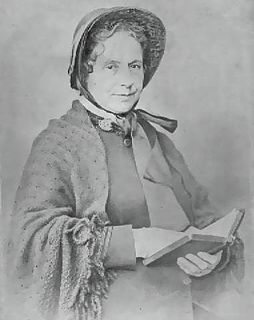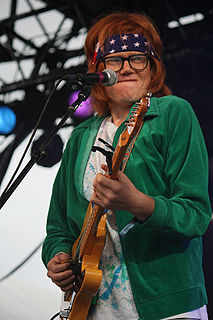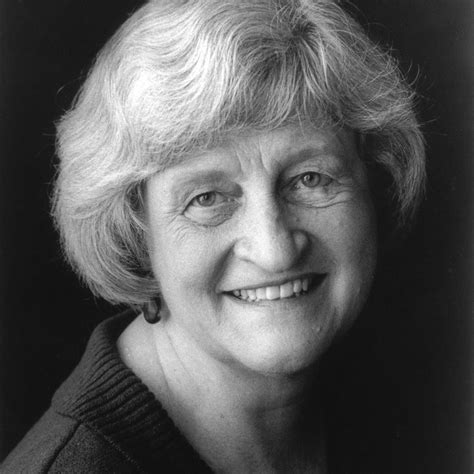A Quote by Nikola Tesla
There is no doubt that some plant food, such as oatmeal, is more economical than meat, and superior to it in regard to both mechanical and mental performance. Such food, moreover, taxes our digestive organs decidedly less, and, in making us more contented and sociable, produces an amount of good difficult to estimate.
Related Quotes
It is a great delusion to suppose that flesh-meat of any kind is essential to health. Considerably more than three parts of the work in the world is done by men who never taste anything but vegetable, farinaceous food, and that of the simplest kind. There are more strength-producing properties in wholemeal flour, peas, beans, lentils, oatmeal, roots, and other vegetables of the same class, than there are beef or mutton, poultry or fish, or animal food of any description whatever.
I understand, of course, that grain-fed meat is not the cause of the world hunger problem - and eating some of it doesn't directly take food out of the mouths of starving people - but it is, to me, a symbol and a symptom of the basic irrationality of a food system that's divorced from human needs. Therefore, using less meat can be an important way to take responsibility. Making conscious choices about what we eat, based on what the earth can sustain and what our bodies need, can help remind us that our whole society must begin to balance sustainable production with human need.
Most of the food crops raised in the world today are fed to livestock destined for slaughter for us to eat, and most of the water used is used to raise the food crops that are fed to those animals. It has been estimated that, because of the extraordinary amount of grain it takes to raise food animals, if we reduced the amount of meat we eat by only ten percent, that would free up enough grain to feed all the starving humans in the world. So when we choose to eat meat instead of vegetables, we are choosing to take food away from others who are hungry.
Anthologies are mischievous things. Some years ago there was a rage for chemically predigested food, which was only suppressed when doctors pointed out that since human beings had been given teeth and digestive organs they had to be used or they degenerated very rapidly. Anthologies are predigested food for the brain.
While it is true that many people simply can't afford to pay more for food, either in money or time or both, many more of us can. After all, just in the last decade or two we've somehow found the time in the day to spend several hours on the internet and the money in the budget not only to pay for broadband service, but to cover a second phone bill and a new monthly bill for television, formerly free. For the majority of Americans, spending more for better food is less a matter of ability than priority. p.187
One can never be too rich or too thin' is an aphorism attributed to the Duchess of Windsor. Being both rich and thin is a difficult enterprise, indeed almost unprecedented as an ideal. Into the paradoxical gap between the capacity to spend money and the need to eat less steps a brilliant solution: 'light' food. In buying 'light' food we can pay more for what costs less to produce in the first place.
Somewhere between 50 to 60 percent of the food you eat has been touched by immigrant hands, and it is fair to say some of them are not here as they should be here. But if you didn't have these folks, you would be spending a lot more - three, four or five times more - for food, or we would have to import food and have all the food security risks.
We have landowners, small growers. We have people who are holding onto land that was acquired by their families after slavery. They need to produce some of the food we eat, so they can pay the taxes and hold onto the property. Taxes keep going up. We, and by we I mean black people, are rapidly becoming a landless people. Our ancestors, coming out of slavery, acquired more than 15 million acres of land. Today, we're probably down to less than 2 million acres.




































